100exch, Matchexch9, Laser 247.com: In today’s digital age, social media has become an integral part of our daily lives, shaping how we perceive ourselves and others. Constant exposure to carefully curated highlight reels of other people’s lives can lead to comparison and feelings of inadequacy. The pressure to measure up to unrealistic standards set by influencers and peers online can take a toll on one’s self-esteem, causing individuals to doubt their own worth and abilities.
Additionally, the instant gratification provided by likes, comments, and followers on social media platforms can create a dangerous cycle of seeking external validation for self-worth. The obsession with gaining approval from others online can lead to a distorted sense of self and a constant need for validation. This constant need for validation can significantly impact self-esteem, as individuals start to base their self-worth on the number of likes and followers they receive, rather than their true value as individuals.
Comparison and Envy on Social Media
Comparison and envy often run rampant on social media platforms, where individuals meticulously curate their online personas to showcase only the best aspects of their lives. This carefully crafted image can lead to feelings of inadequacy and discontentment among those who compare themselves to others. The constant exposure to seemingly perfect lives can trigger a cycle of self-doubt and low self-esteem for many users.
Moreover, the phenomenon of comparison on social media can fuel envy and resentment towards others who appear to have it all. The constant stream of polished images and status updates can create a facade of unattainable perfection, leaving some individuals feeling envious of others’ seemingly flawless lives. This envy can deteriorate mental well-being and lead to a harmful cycle of negative emotional responses.
� Comparison and envy often run rampant on social media platforms
� Individuals curate their online personas to showcase only the best aspects of their lives
� This can lead to feelings of inadequacy and discontentment among those who compare themselves to others
� Exposure to seemingly perfect lives can trigger self-doubt and low self-esteem
� Comparison on social media can fuel envy and resentment towards others
� Polished images and status updates create a facade of unattainable perfection
� Some individuals feel envious of others’ seemingly flawless lives
� Envy can deteriorate mental well-being and lead to negative emotional responses
Cyberbullying and its Effects on Mental Health
99 Exchange, Big Exchange ID, Maxwin9: Cyberbullying has become a prevalent issue in today’s digital age, with social media platforms providing a breeding ground for online harassment. The anonymity and remote nature of cyberbullying make it easier for individuals to target others without facing immediate consequences. This form of bullying can have serious repercussions on the mental health of the victims, leading to increased levels of stress, anxiety, and depression. The constant fear of being targeted online can also result in low self-esteem and feelings of isolation among those affected.
Furthermore, cyberbullying has the potential to escalate quickly and reach a wider audience, amplifying the negative impact on the victim’s mental well-being. The 24/7 nature of social media means that victims may find it challenging to escape the persistent attacks, leading to a sense of helplessness and despair. In severe cases, cyberbullying has been linked to suicidal ideation and self-harm behaviors, highlighting the urgent need for measures to combat online harassment and protect the mental health of individuals in the digital realm.
What is cyberbullying?
Cyberbullying is the use of electronic communication to bully a person, typically by sending messages of an intimidating or threatening nature.
How does social media affect self-esteem?
Social media can have a negative impact on self-esteem as individuals compare their lives to the curated and often unrealistic portrayals of others on social media platforms.
What is comparison and envy on social media?
Comparison and envy on social media refer to the feelings of inadequacy or jealousy that can arise when individuals compare their lives to the seemingly perfect lives of others on social media.
How does cyberbullying affect mental health?
Cyberbullying can have serious consequences on mental health, leading to increased levels of anxiety, depression, and feelings of isolation in the victim.
What are some ways to combat cyberbullying?
Some ways to combat cyberbullying include reporting abusive behavior to the platform, blocking the perpetrator, and seeking support from friends, family, or mental health professionals.


